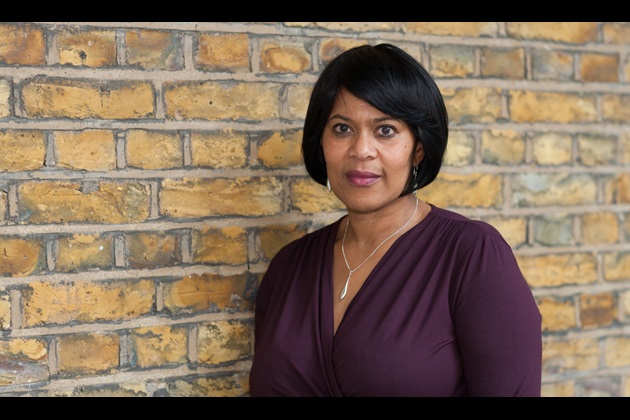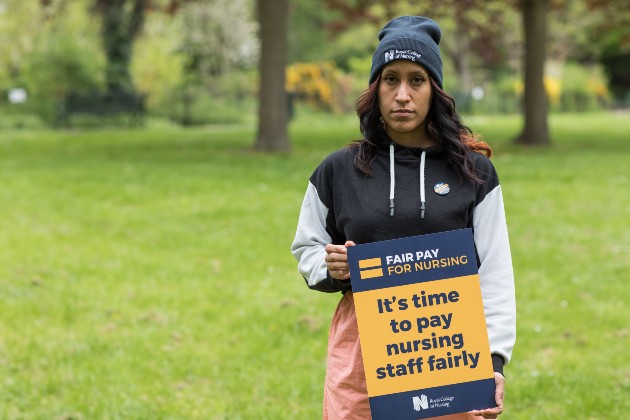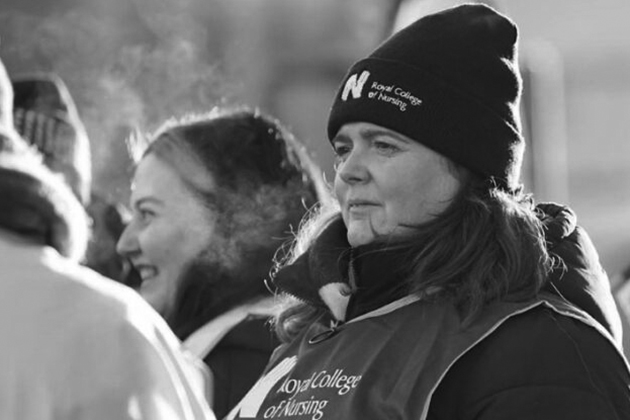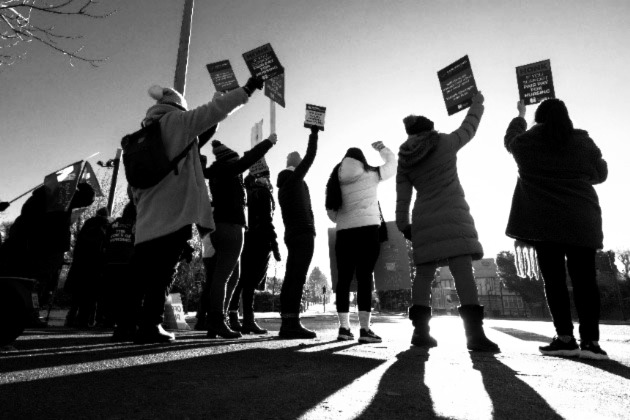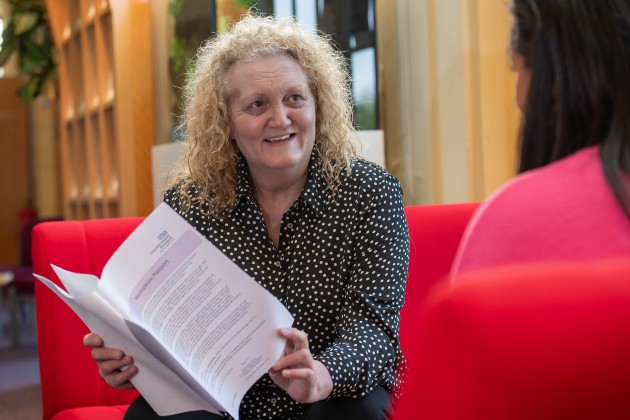RCN Deputy President Yvonne Coghill says we need decisive action to address the disproportionate impact of COVID-19 on nursing staff from black, Asian and minority ethnic backgrounds
Figures show that the number of people contracting COVID-19 across the UK is disproportionate in most ethnic minority groups and that black, Asian and minority ethnic (BAME) communities are losing a disproportionate amount of people to this awful disease.
We know that this is also the case in our nursing workforce with more BAME nurses, nursing support workers and carers contracting COVID-19 than in other ethnic groups.
The disparities are clear but we’re not yet sure why this is happening. There are many theories – nursing staff from BAME backgrounds may have a higher exposure to COVID-19 because they’re more likely to be in a frontline role, socio-economic factors and discrimination are also likely to contribute, and some are questioning whether biology is playing a role too.
Although we can’t pinpoint a specific reason, we must pay attention to this now and take decisive action.
I think there has been some confusion around what this means. It doesn’t mean that all staff from BAME backgrounds should be moved from the frontline altogether. But what it does mean, is that employers need to pay close attention to what the data shows and make sure that staff are properly risk-assessed and fully protected so they can do their job well without fear.
Employers, the government and the NHS all have a duty to protect staff. NHS England recently wrote to every NHS trust to say that employers must now consider BAME staff as being at greater risk along with other vulnerable groups, such as staff over the age of 70, people who are male and people with existing health conditions. The letter also emphasised the importance of carrying out robust risk assessments and putting in place precautionary measures.
Employers need to pay close attention to what the data shows and make sure that staff are properly risk-assessed and fully protected so they can do their job well without fear
We know that some employers are leading the way with this, such as offering priority COVID-19 testing for BAME staff. I’ve heard that in one NHS trust, the chief executive and chief nurse have created a podcast to reassure the families of their nursing staff from the Philippines.
In the podcast, they commit to protecting their Filipino nurses – a group that we know has been disproportionally affected by the COVID-19 crisis – promising to do everything in their power to support them and to keep them safe.
The same chief executive, who was previously a nurse, is going into hospital every day and donning personal protective equipment (PPE) to work alongside and support staff on the frontline.
Access to the right PPE and testing is so important, but to mitigate fear, you also need demonstrable leadership so nursing staff can see how much they are valued and that employers are prioritising their safety.
Speaking up for members
Unfortunately, we know that these examples of good practice are not being seen across the board and that a lot of members don’t feel safe.
We’re hearing anecdotally from some of our members from BAME backgrounds that they feel they are being put on COVID-19 heavy wards, or that they’re being pushed towards working on the frontline of the crisis but they’re not being given access to adequate PPE.
We’re also hearing that some BAME staff are being told to stop self-isolating or are being pressurised to return to work more quickly. This isn’t acceptable and we will be making sure these concerns and the voice of members is heard.
We will support all members at this difficult time. We also know we must look at ways to give the right support to different people
The RCN is taking part in a number of reviews on this issue, including the government’s review which is being led by Public Health England. We’re also gathering member experiences and will make sure any strategies and policies developed following these reviews has RCN input.
We need to acknowledge and address the fact that this crisis is affecting different people, including nursing staff, in different ways. The RCN will support all members at this difficult time, regardless of their background or circumstance, but we also know we must look at ways to give the right support to different people.
If you do feel unsafe at work or you’re worried or anxious about something, please speak to someone. You can seek advice from your local RCN rep or RCN Direct. You can also find out how to access practical support for things like stress and anxiety, or find information on financial support, on the RCN website.
More information
For the latest information and advice on COVID-19 and how it affects you, visit our COVID-19 webpages.
If you need to talk to someone, staff at RCN Direct are continuing to provide the help you need at this crucial time. You can call 0345 772 6100 or contact RCN Direct online by email or our chat service. Find out more.


